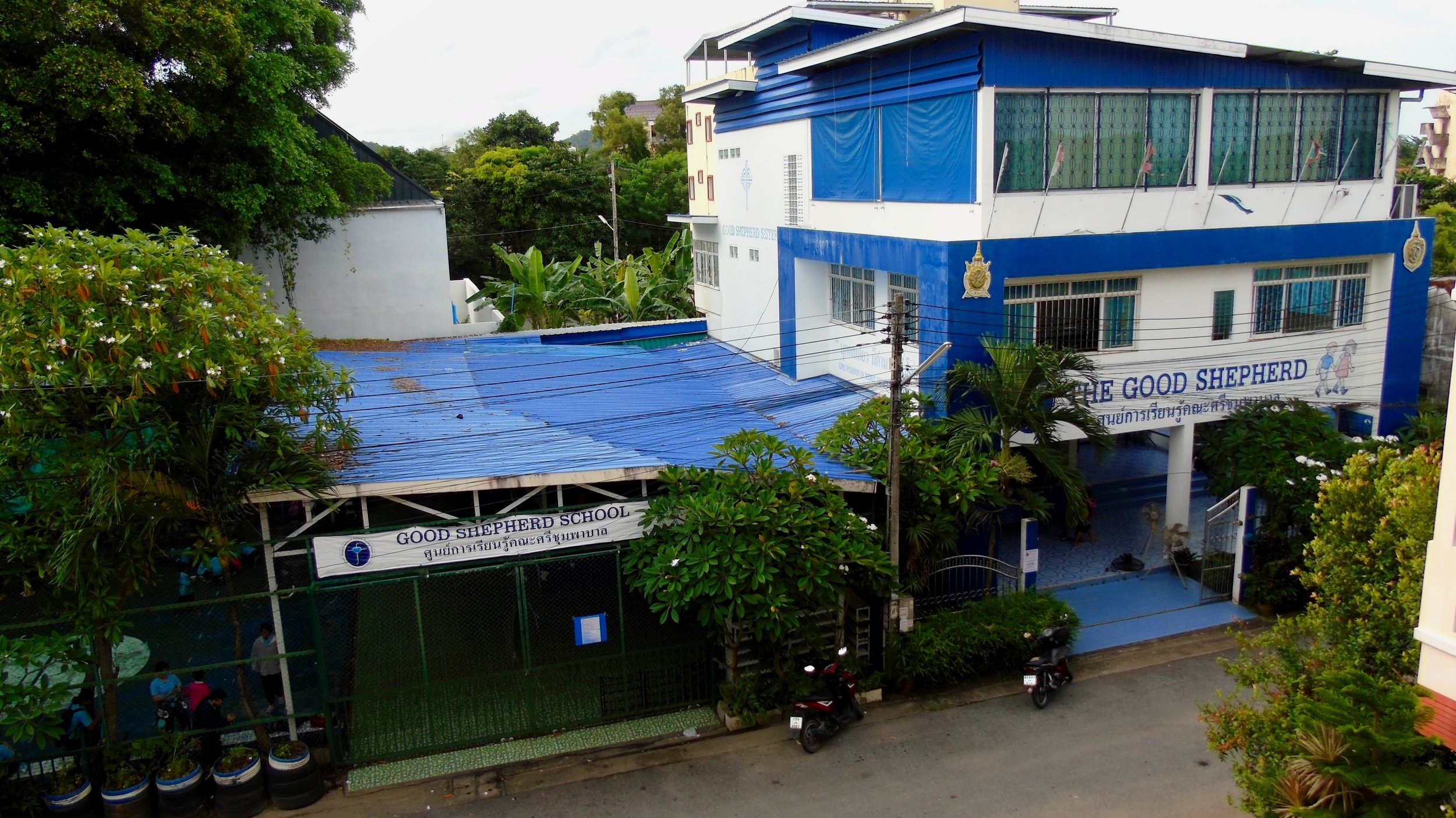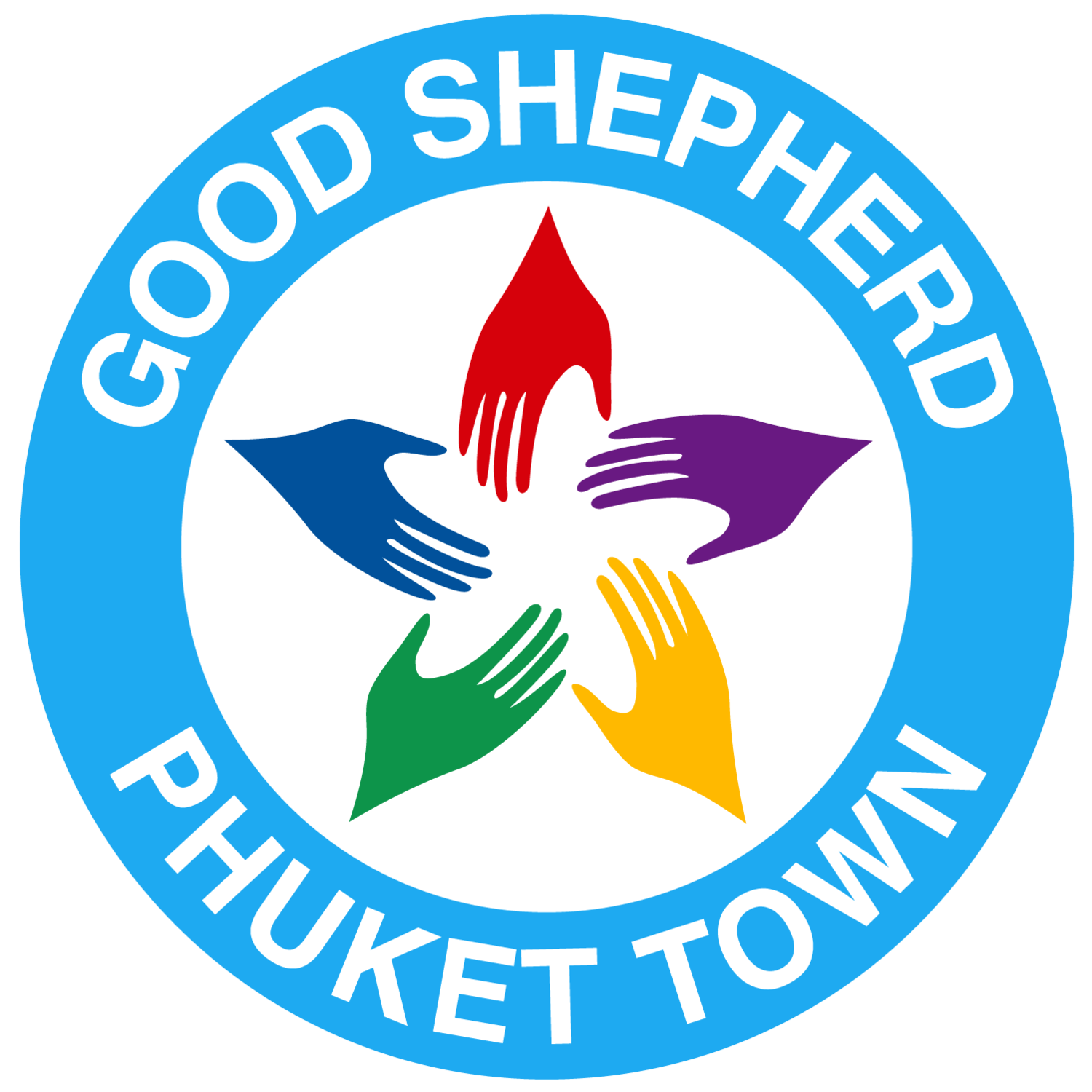
Education Program
“Every child has the right to an education”
Most migrant children born in Phuket are refused official recognition from the Thai authorities.
Unable to access any form of education or healthcare, they have very little hope for their future. Parents have no choice but to let their children “fend for themselves” whilst they go to work, so the children are at constant risk from sexual or labour exploitation.
Our Main Goal:
The main goal of our learning centre is to equip children with basic literacy skills. We help students integrate into the Thai education system if their families continue to stay in Thailand. We also help students follow the Myanmar education system if they return to their country.
We Provide:
Basic education for disadvantaged migrant children. The children learn Thai, Burmese, Math, Science, Art, Music and English. We work closely with the Ministry of Education. In 2010, we adopted the Burmese curriculum, Mathematics, History, Science, etc., in addition to Thai and English classes.
Barriers to Education
Poverty leading to the transient nature of economic migrants families which de-stabilises the children.
Children are not able to assimilate in the public schools due to language, culture, economic status, and immigration status.
Immigration laws do not facilitate the regularization of extended stays for undocumented economic migrants, especially those with labor jobs
We Facilitate Learning By
Involving parents in the education process - to ensure their child remains in school.
Empowering the migrant community - to encourage support of these families and children.
Networking with other NGOs and civil society organizations - to create a safe space for human rights defenders.
Engaging with local stakeholders such as Thai employers and local authority - to create a path forward for migrants in their host country.
Challenges
Engaging transient migrant parents, to show that education is a long term solution in ending the cycle of poverty.
Providing graduates with employable skills for self-sustainability.
Convincing stakeholders in the host country to look beyond economic gains to human rights entitlement of the migrants.
Long Term Sustainability of the programme (human and financial resources).





